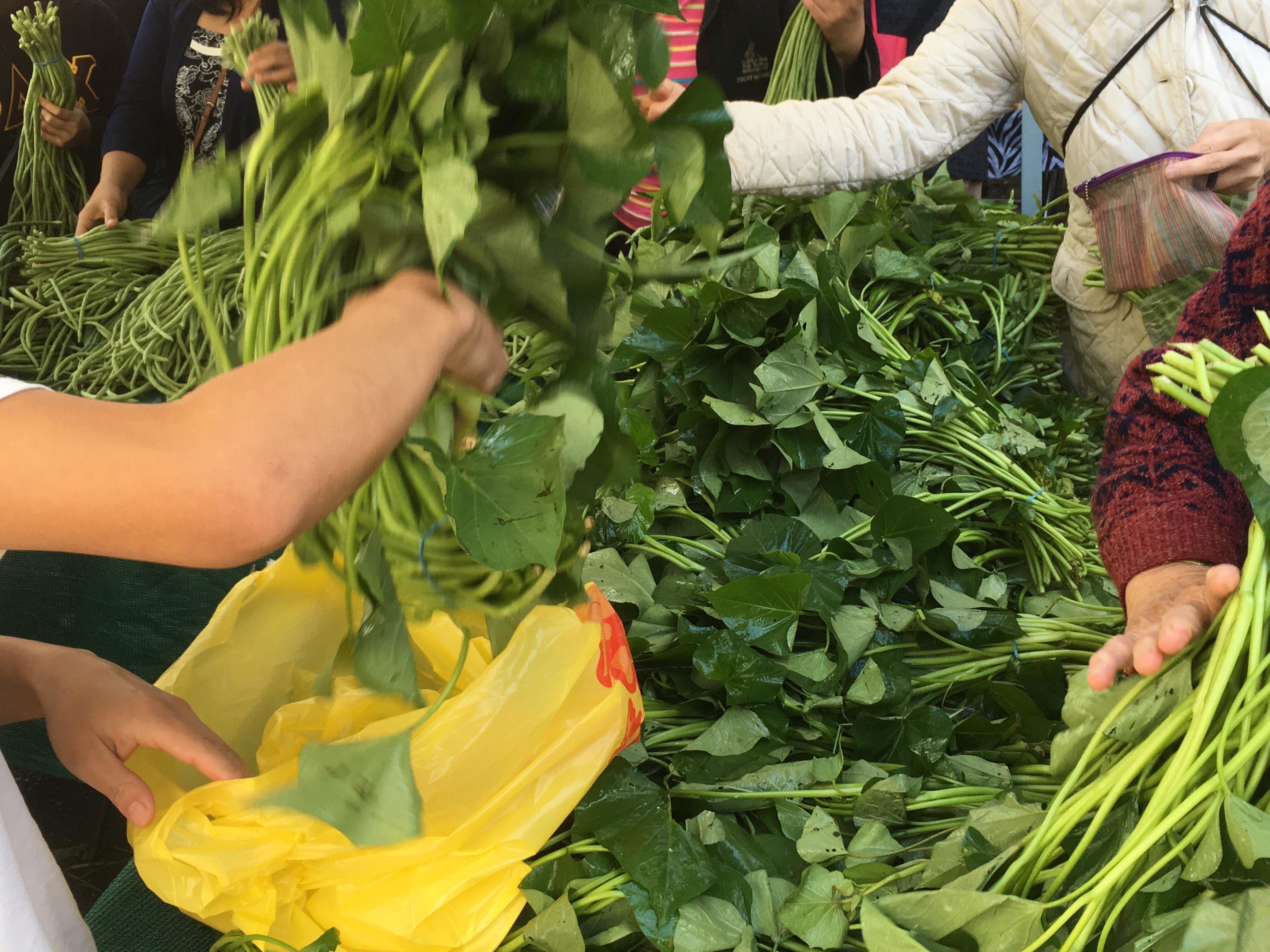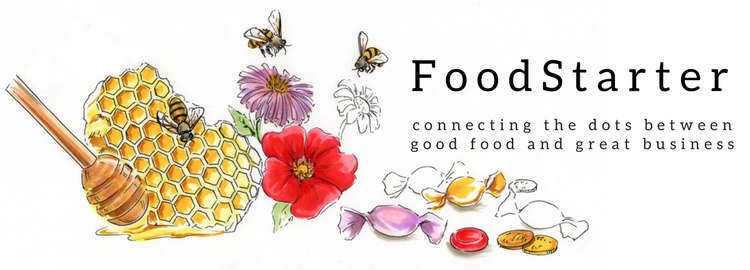Guest Post By Kristie Middleton
In my work at the Humane Society of the United States, I help schools, hospitals, and other institutions add more plant-based options to their menus and reduce the amount of meat they’re serving. These institutions are interested in going lighter on the meat for a variety of reasons: The average American is eating roughly 200 pounds of meat annually – far more than the planet can sustain due to animal agribusiness’ resource inefficiency and its contributions to climate change.
As well, such meat-heavy diets take a harsh toll on our health: research published in the Journal of the American Medical Association concluded that diets high in meat and other animal-based protein were associated with a higher risk of premature death and diets high in plant-based protein like nuts, lentils, and beans, were associated with a lower risk of premature death.
Meat industry trade journal Meatingplace reports, “The Protein and the Plate research project … showed 70 percent of meat eaters substituting a non-meat protein in a meal at least once a week and 22 percent saying they are doing it more often than a year ago.”
I wrote MeatLess to help people better understand the impacts of our diet choices on the world around us and our own health, and to encourage people to take initial steps to a more plant-based diet.
While individual diet change can make a difference, perhaps even more promising is the emergence of entrepreneurs with ideas aimed at disrupting animal agribusiness.
Among the examples are San Leandro, Calif.-based New Wave Foods which is making an ocean-friendlier seafood using plant proteins “to recreate what people have been eating for centuries, in a better and more sustainable way.” Shrimp has for decades represented the most consumed seafood purchased around the world. Whether shrimp are factory farmed or wild captured, the industry is rife with problems. Natural Resources Defense Council (NRDC) explains that the industry uses trawlers, massive nets that clear-cut the ocean floor, capturing their target: shrimp, and also other important parts of the seabed. This new wave of seafood has the potential to make a big splash.
Other innovations include Hampton Creek’s egg-free mayonnaise and cookies, Impossible Foods’ plant-based burgers that are so realistic they actually bleed, and Geltor’s animal-free gelatin produced by using microbes to create collagen.
While I hope MeatLess will encourage more consumers to choose foods that are better for our health, the planet, and animal welfare, conscious capitalism like that exhibited by these promising food start-ups is a powerful approach to solving some of the world’s most severe problems.
Smart entrepreneurs will see the market opportunity and get involved, earning a strong return for their investors while also saving the world in the process.
(Note from Susie: Visit the Plant Based Food Association to learn more about support for companies.)
Kristie Middleton is the senior director of food policy for The Humane Society of the United States and the author of MeatLess: Transform the Way You Eat and Live—One Meal at a Time.







